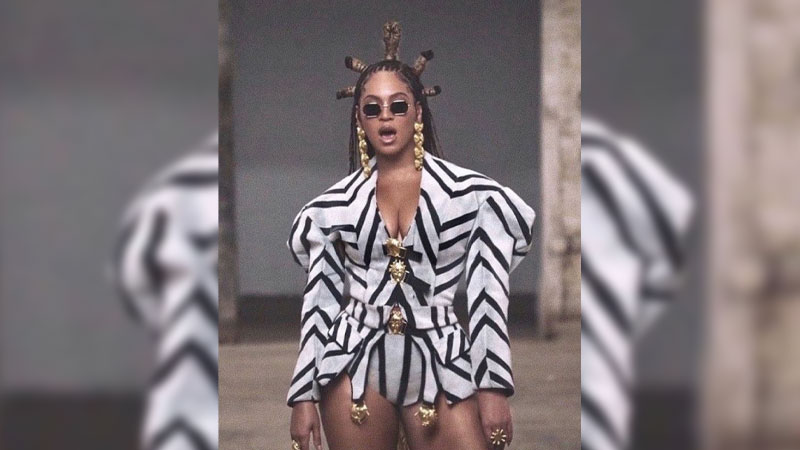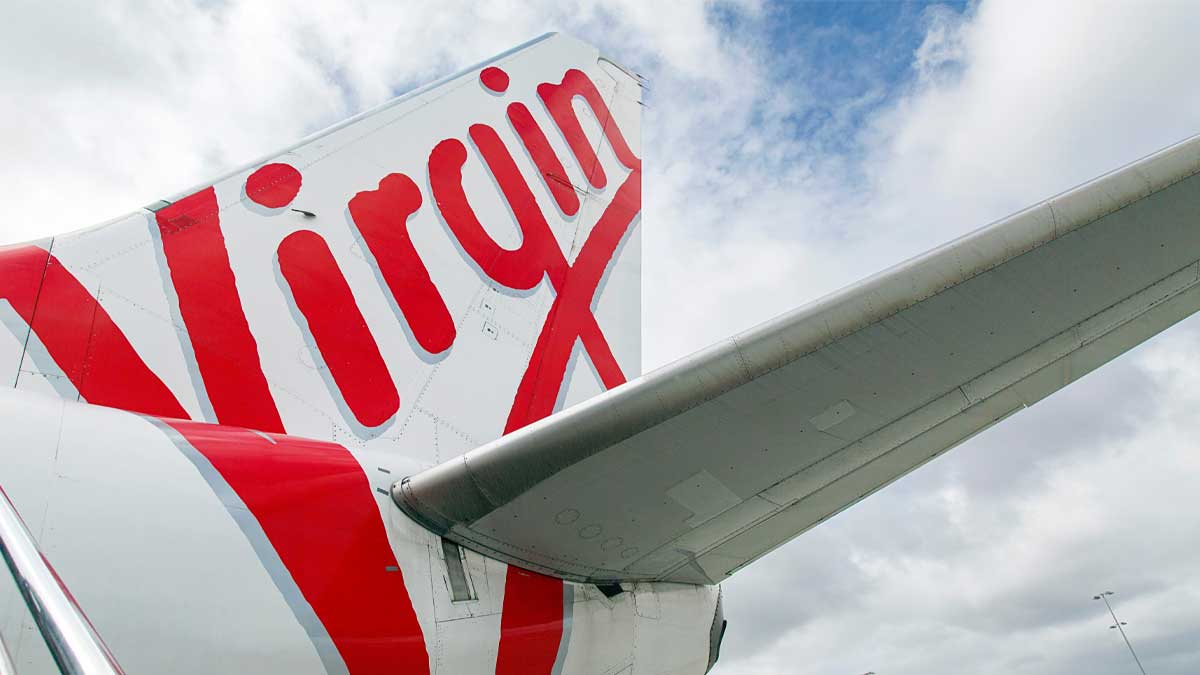
Few celebrities have had careers as impactful as Beyoncé’s.
The music legend, who turns 39 today, has had a lasting influence on pop culture’s look, sound, and focus, but the recurring theme that unites much of her work is Blackness.
By honouring her culture and the African diaspora’s beauty, Beyoncé has pushed herself artistically and helped to change the way the media represents Black people.
In fashion, she’s consistently created opportunities for creatives of color.
Her leadership has resulted in landmark moments—she requested Vogue's first Black photographer, Tyler Mitchell, to shoot her September 2018 cover story, for example. Instead of wearing the usual suspects, Beyoncé and stylist Zerina Ackers regularly incorporate Black designers’ work from across the diaspora.
Established names like Balmain’s Olivier Rousteing and Off-White’s Virgil Abloh make headlines when she chooses to wear their runway looks.
Her endorsement’s power becomes more apparent when you consider the smaller brands she incorporates into her wardrobe.
Celebrity placements mean more for creators who aren’t yet household names, and it doesn’t get bigger than having Beyoncé feature your work in a music video or performance.
This year her celebrated Black is King film introduced her audience to a host of new names, including Côte d’Ivoire’s Loza Maleleombho, who created the striking zebra print jacket worn during the “Already” segment, and Brooklyn’s S. Garvey, who contributed floral bodysuits for a dance sequence during the same portion.

Beyonce’s wardrobe has always aligned with a message.
The custom pieces she commissions for high profile performances often represent an overarching theme. Her Coachella ‘Homecoming’ in 2018 served as a homage to historically Black colleges and campus-style through the lens of luxury.
Those Rousteing designed university sweatshirts and fringe boots were School Daze meet Paris runway.
Likewise, her headlining gig at the Global Citizen Festival in South Africa necessitated a queenly collaboration from local designers Enhle Mbali Mlotshwa, Quiteria Kekana, and George Malelu, who came together to create her finale look, an embellished emerald cape.
Of course, Beyoncé’s platform extends beyond the stage.
Her fashion-focused Instagram posts serve as mini-editorials, and a majority of them feature Black designers. When Beyoncé updates to share images of herself in one of Sergio Hudson’s bejeweled suits, Afrikanista’s artsy t-shirts, or a metallic blazer dress by House A. Sauvage, millions like, share, and engage with those brands.
With more consumers than ever shopping via their phones and engaging with fashion through the internet, harnessing social media’s power to highlight underrated creators makes sense. In 2020, Beyoncé took that idea a step further.
After the coronavirus pandemic caused record closures of Black-owned businesses, she turned her official website into a directory of notable brands from across the diaspora.
Curated by Akers in collaboration with her Black-Owned Everything initiative, the site features hundreds of companies—fashion labels, cosmetics brands, restaurants, technology firms, and more—all founded by entrepreneurs of color. This morning’s announcement that Beyoncé would be continuing her collaboration with the NAACP to help entrepreneurs who have been affected by the coronavirus pandemic underscores her commitment to supporting Black talent.
She and her Bey Good charitable foundation have donated $6 million to assist with COVID-19 relief.
The additional 1 million for business owners comes when people need it most.
It may be Beyoncé's birthday, but for the designers, founders, and stores she’s supporting, she is the gift.
[Source: Vogue News]Stay tuned for the latest news on our radio stations


